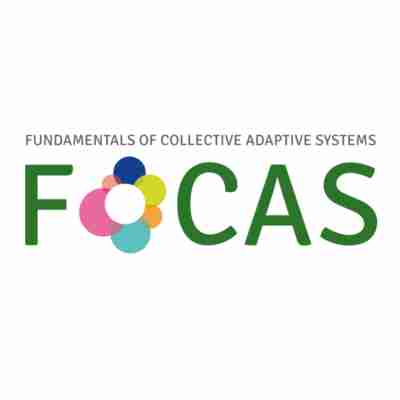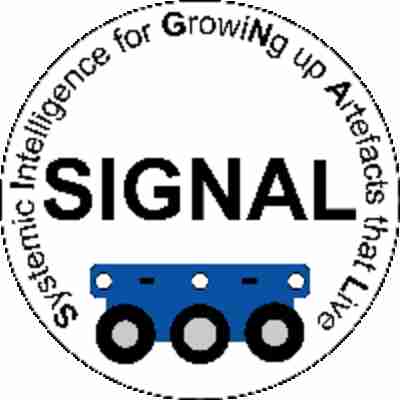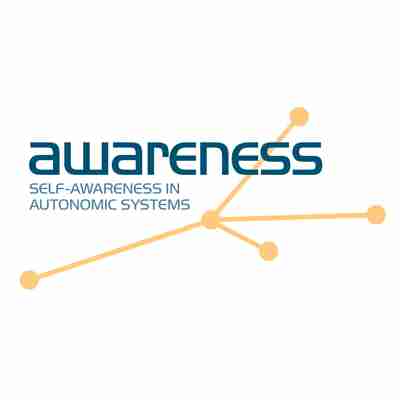Prof Emma Hart E.Hart@napier.ac.uk
Professor
This project aims to improve the current state of the art in developing optimisation tools which are relevant and acceptable to industry.
This will be achieved by addressing industrial current concerns regarding the ability of academic optimisation techniques to deal effectively with highly constrained real-world problems and the cost and expertise required to develop and maintain these tools. The project addresses these concerns through the following objectives:
1. Development of a novel hyper-heuristic optimisation system which exhibits lifelong learning; the system will maintain and exploit a database of knowledge to produce fast high-quality solutions to problems while simultaneously autonomously adapting to dynamically changing problem characteristics in order to improve its performance over time and react to changes in its problem solving environment.
2. Demonstration that the proposed life-long learning system is more efficient and effective at rapidly producing high-quality solutions to real-world practical problems than current optimisation approaches, producing savings from a financial perspective but simultaneously addressing environmental concerns regarding sustainability of operation and reduction of carbon emissions.
3. Engaging with end-users to develop an information database of problem-solving knowledge in a range of practical domains as a platform to drive advances in optimisation algorithms. Incorporating a suite of problem generators, problem libraries and heuristics, the design of the platform will be informed by real-world problems, encapsulating detailed practical constraints coupled with performance criteria, both of which will be specified by industrial experts.
4. Facilitating the uptake and use of optimisation tools within industry by demonstrating that the optimisation tool proposed is transferable across problem domains, does not require expert knowledge to develop or tune, and is therefore cheap to implement, has considerably reduced maintenance costs due to its ability to autonomously improve over time and accounts for the highly constrained and often idiosyncratic nature of real-world problems.
| Type of Project | P03 - Research Councils |
|---|---|
| Status | Project Complete |
| Funder(s) | Engineering and Physical Sciences Research Council |
| Value | £238,068.00 |
| Project Dates | Oct 1, 2012 - Dec 31, 2015 |

FOCAS Jan 1, 2013 - Feb 28, 2016
FOCAS is a coordination action in the area of collective adaptive systems. It provides increased visibility to the research carried out by projects funded by the FOCAS FET Proactive Initiative and others in research fields related to collective adapt...
Read More about FOCAS.
Ensembles for Optimisation Sep 1, 2015 - Aug 31, 2016
Optimisation – finding cost-effective or high-performing solutions - is a key economic driver for business today. However, academic literature on search-based optimisation techniques reflects an escalating arms race to produce highly specialized algo...
Read More about Ensembles for Optimisation.

An Investigation of Hyper-Heuristic Methods: A New Generation of Problems-Solvers Nov 1, 2000 - Jul 31, 2004
The project made significant advances in discovering new automated methods for combining heuristics to solve bin-packing problems, outperforming results obtained by any individual heuristic.
Advances were made using learning classifier systems and...
Read More about An Investigation of Hyper-Heuristic Methods: A New Generation of Problems-Solvers.

SIGNAL Oct 1, 2001 - Dec 31, 2004
This is an EU-funded research project to develop basic methodologies and principles of systemic intelligence for artefacts such as robots that will be capable of steadily growing their knowledge through continued experience. The project involves four...
Read More about SIGNAL.

AWARENESS (Co-ordination Action) Oct 1, 2010 - Sep 30, 2013
For latest news and events, please see the project webpage here
Awareness is a Coordination Action (CA), supporting research under the FP7: FET Proactive Intiative:Self-Awareness in Autonomic Systems (Awareness). Awareness provide a supportive en...
Read More about AWARENESS (Co-ordination Action).
About Edinburgh Napier Research Repository
Administrator e-mail: repository@napier.ac.uk
This application uses the following open-source libraries:
Apache License Version 2.0 (http://www.apache.org/licenses/)
Apache License Version 2.0 (http://www.apache.org/licenses/)
SIL OFL 1.1 (http://scripts.sil.org/OFL)
MIT License (http://opensource.org/licenses/mit-license.html)
CC BY 3.0 ( http://creativecommons.org/licenses/by/3.0/)
Powered by Worktribe © 2025
Advanced Search